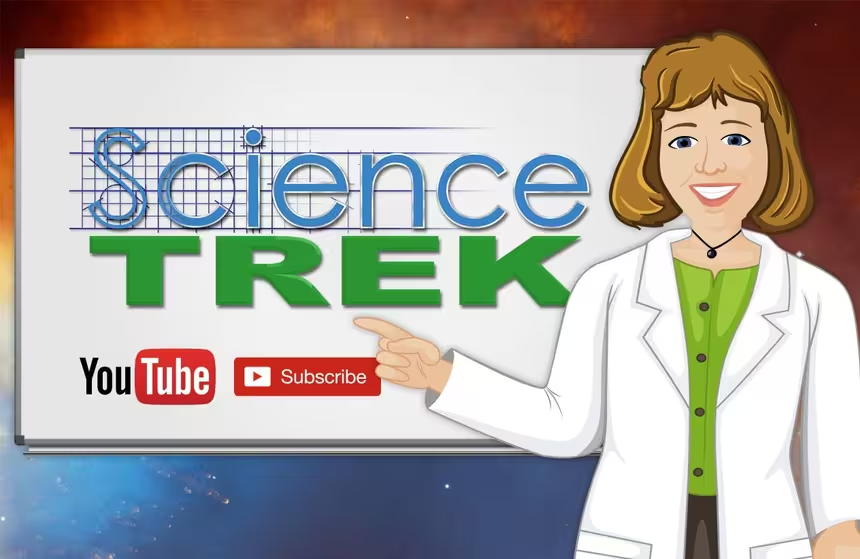
Earthquakes: What Should I do?
Clip: Special | 1m 4sVideo has Closed Captions
Learn what you should do when an earthquake strikes.
When an earthquake strikes, there are things you should do to protect yourself and your family. It starts by having a plan before the ground starts shaking. Learn what you can do when an earthquake strikes.
Problems playing video? | Closed Captioning Feedback
Problems playing video? | Closed Captioning Feedback
Science Trek is a local public television program presented by IdahoPTV
Major Funding by the Laura Moore Cunningham Foundation and the Idaho National Laboratory. Additional Funding by the Friends of Idaho Public Television and the Corporation for Public Broadcasting.

Earthquakes: What Should I do?
Clip: Special | 1m 4sVideo has Closed Captions
When an earthquake strikes, there are things you should do to protect yourself and your family. It starts by having a plan before the ground starts shaking. Learn what you can do when an earthquake strikes.
Problems playing video? | Closed Captioning Feedback
How to Watch Science Trek
Science Trek is available to stream on pbs.org and the free PBS App, available on iPhone, Apple TV, Android TV, Android smartphones, Amazon Fire TV, Amazon Fire Tablet, Roku, Samsung Smart TV, and Vizio.

Science Trek
Science Trek is a place where parents, kids, and educators can watch short, educational videos on a variety of science topics. Every Monday Science Trek releases a new video that introduces children to math, science, technology, engineering, and math (STEM) career potentials in a fun, informative way.[MUSIC] JOAN CARTAN-HANSEN, HOST: Do you know what to do in case of an earthquake?
If you're inside, stay inside.
Get under something solid like a table and cover your head and neck with your arms.
If you aren't close to a table, drop to your hands and knees and cover your head and neck.
If you are in bed, turn on your stomach and cover your head with a pillow.
Put your arms so they cover your head and neck.
And when the shaking is over, look on the floor for broken glass before you get out of bed.
If you are outside, drop to your hands and knees and cover your head.
When the shaking stops, avoid any downed power lines and other hazards.
And there are things you can do right now, before an earthquake hits.
Every household should have an emergency kit that includes three days of water, a battery or solar powered radio, a cell phone charger and copies of important documents.
You should have a plan where you can meet if you get separated and a designated contact outside your area, where family and friends can call to make sure you are all safe.
For more information about earthquakes, check out the science trek website.
You'll find it at science trek dot org
Video has Closed Captions
Clip: Special | 1m 4s | Find out what scientists are learning about out-of-our-world quakes. (1m 4s)
Providing Support for PBS.org
Learn Moreabout PBS online sponsorship
- Science and Nature

Explore scientific discoveries on television's most acclaimed science documentary series.

- Science and Nature

Capturing the splendor of the natural world, from the African plains to the Antarctic ice.












Support for PBS provided by:
Science Trek is a local public television program presented by IdahoPTV
Major Funding by the Laura Moore Cunningham Foundation and the Idaho National Laboratory. Additional Funding by the Friends of Idaho Public Television and the Corporation for Public Broadcasting.
